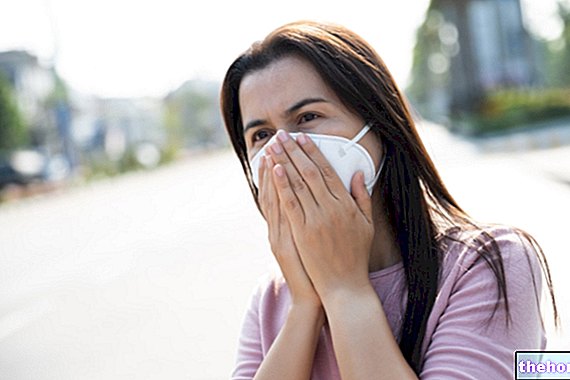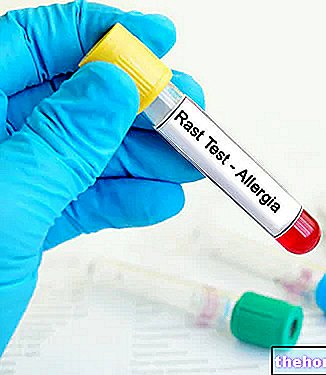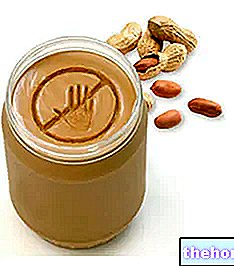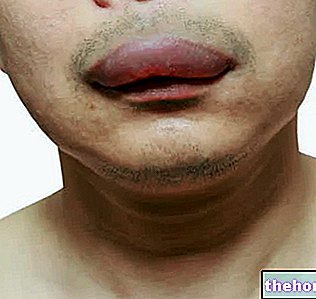Allergy to salicylates: introduction
Allergic manifestations caused by aspirin are very frequent: often, if a subject has an "allergy to" aspirin and salicylates, he is also sensitive to other NSAIDs (non-steroidal anti-inflammatory drugs), such as ibuprofen and naproxen.
It is estimated that around 1% of the population has allergic forms to salicylates, including acetylsalicylic acid:

Symptoms
In general, an allergy or sensitization to an NSAID can cause symptoms of varying degrees. The reactions typically occur a few hours after taking the drug, and the characteristic symptoms include:
- headache
- nasal congestion
- change in skin color
- skin rash
- itching and hives
- swelling of the hands, feet and face
- gastric pain
- redness of the eyes
- diarrhea
- fatigue
- swelling of the lips and tongue
- cough, shortness of breath, shortness of breath
- anaphylaxis (severe, life-threatening allergic reaction)
- in rare cases there is also a change in pressure with loss of consciousness.
In the event that a subject is asthmatic or suffering from chronic sinusitis, suffers from urticaria or has nasal polyps, the probability that he will manifest an allergic reaction to acetylsalicylic acid, and that the symptoms listed above are triggered with greater intensity, is very high.
It should be emphasized that the effects caused by an allergic reaction to aspirin are very different from the side effects caused by it; among the latter we remember stomach pain, gastrointestinal ulcers, bleeding in the stomach (gastric haemorrhage), tinnitus (perception of a noise in the ears or in the head, although no sound comes from the outside), all effects that have nothing to do with the typical consequences of allergic manifestations.
Foods that contain salicylates
It is also important to remember that some foods can also cause allergic reactions of this type: the table lists some foods containing salicylates, to be avoided if the subject is allergic to aspirin and other NSAIDs.
Tea, wine, coffee, dried fruit, berries, apples, apricots, avocado, grapes, grapefruit, melon, jams, jellies, cucumbers, tomatoes, asparagus, peppers, corn, licorice, spices, nuts
Lemon, mango, pears, coconut, pistachios, beets, broccoli, carrots, cauliflower, garlic, mushrooms, onions, potatoes
Bananas, kiwi, mango, papaya, wheat, rye, barley, oats, rice, parsley, cabbage, peas, brussel sprouts, lettuce, leek, lentils
Table taken from "Methodological bases of the" psycho-nutritional approach, Paolo De Cristofaro "









.jpg)


















